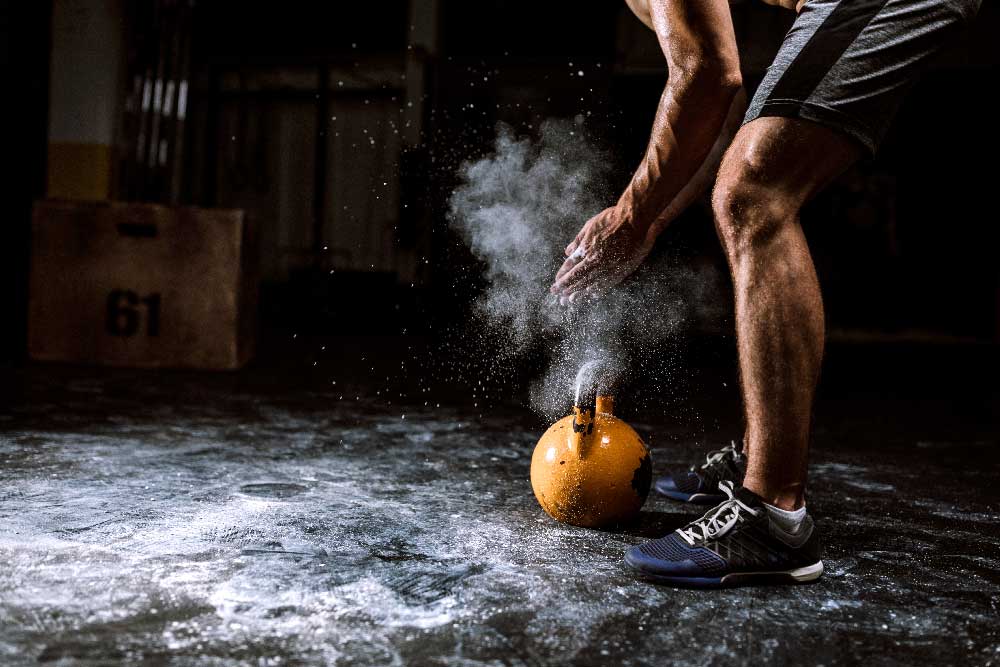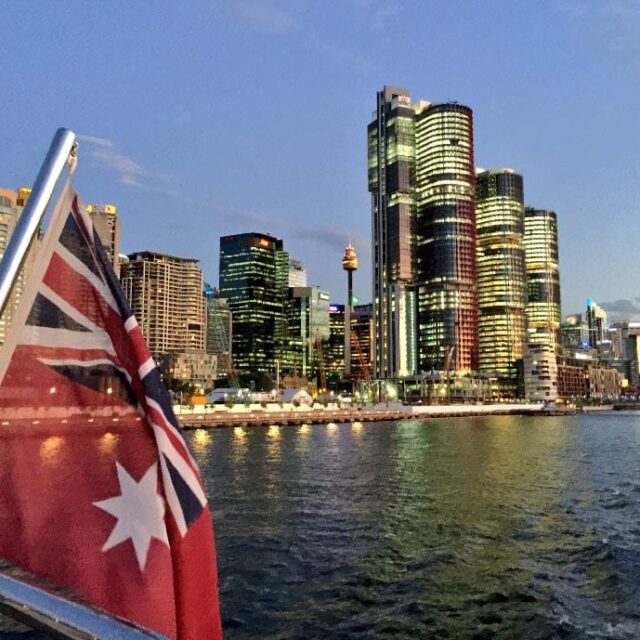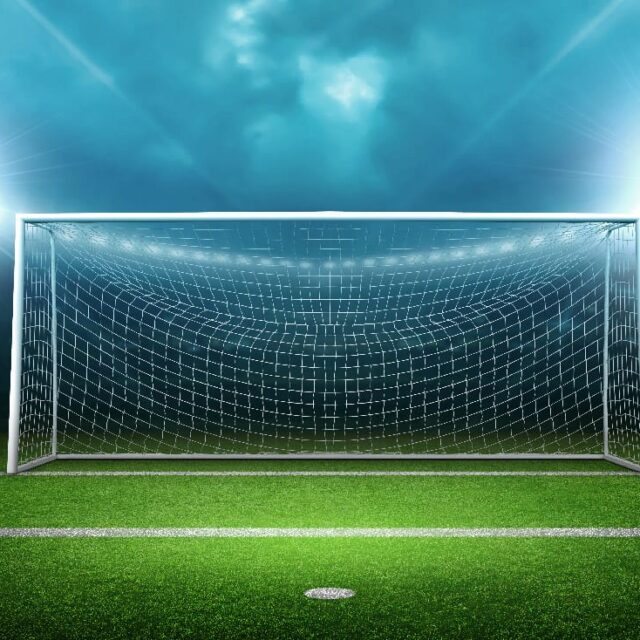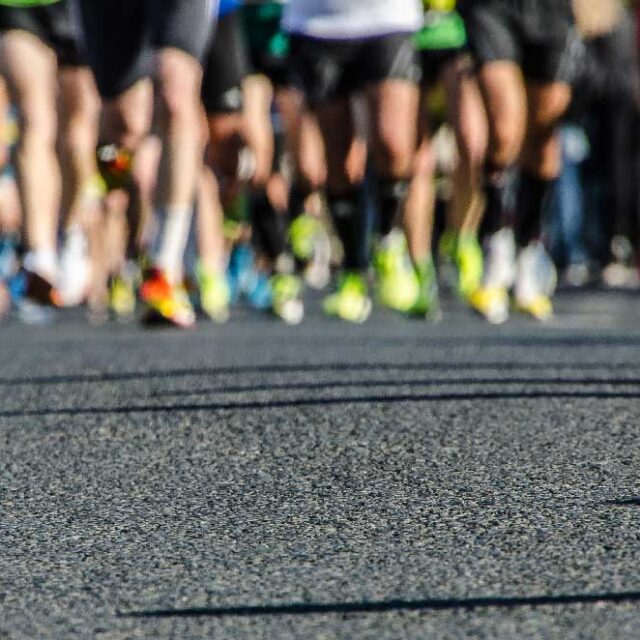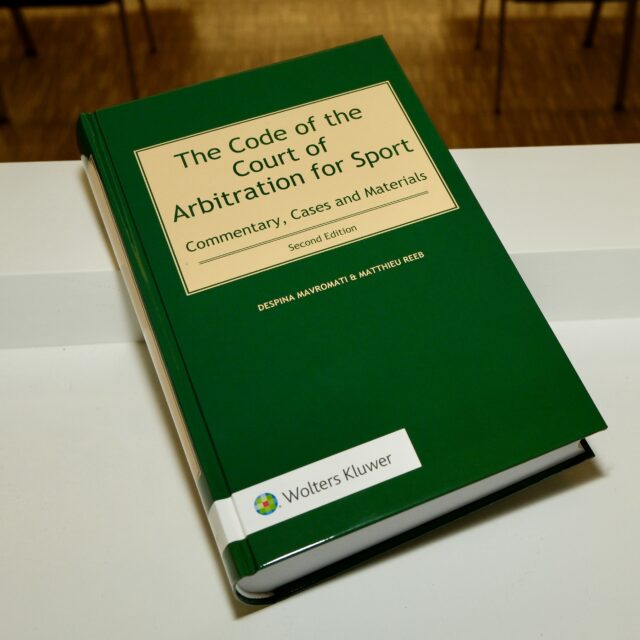A. v. IWF (doping), Parties’ right to be heard and Public Policy
Judgment 4A_80/2017 of 25 July 2017
The Issue
Request for an expert report should be unequivocally made before the arbitral tribunal / Violation of the parties’ right to be heard requires to establish how the judicial oversight deprived a party from introducing and proving its position.
The Appellant (Alexei Lovchev) is a Russian weightlifter at international level who participated in the 2015 World Championships of Weightlifting in Houston, USA, as a member of the Russian team and won the gold medal and set two world records.
In November 2015, the Appellant underwent a doping control that resulted in an Adverse Analytical Finding (AAF) and showed the presence of the prohibited substance Ipamorelin in the Appellant’s sample in an extremely low concentration of 0.1 ng / ml. The WADA-accredited Laboratory B (B. Laboratory) conducted the controls and both the A and the B samples were found to be positive.
Following a hearing that took place before the IWF Committee in Budapest, the Committee issued a decision disqualifying the Appellant from the 2015 World Championships and imposing a sanction of ineligibility of four years. The IWF Committee held that it was comfortably satisfied that the analytical reports confirmed the existence of the prohibited substance Ipamorelin in the Appellant’s sample.
The Appellant appealed this decision to the Court of Arbitration for Sport (CAS), which confirmed the IWF decision with an arbitral award rendered on December 1, 2016. The Arbitrators were The Hon. Michael J. Beloff QC (Chairman), Prof. Ulrich Haas & Prof. Luigi Fumagalli.
The Federal Tribunal judgment
The Appellant lodged a civil law appeal to the Swiss Federal Tribunal requesting to annul the CAS Award and to revert the case back to CAS for a new decision, invoking in particular a violation of his right to be heard and a violation of public policy.
a) Violation of the parties’ right to be heard / equality of the parties
In essence, the Appellant argued that the CAS Panel violated his right to be heard by wrongly appreciating the concentration of the prohibited substance in question (1 ng/ml instead of 0.1 ng/ml). The Swiss Federal Tribunal dismissed this argument as not being part of the violation of the parties’ right to be heard (or public policy). In accordance with the well-established jurisprudence of the Federal Tribunal, a manifestly false or conflicting finding alone is not sufficient to annul an international arbitration award.
Furthermore, the Appellant alleged a violation of his right to be heard based on the fact that the CAS wrongly refused to admit his request for an expert report on the Limits of Detection [LOD], on Measurement Uncertainty [MU], and another analysis of the B sample. However, as it could be found from the file of the CAS proceedings, the Appellant merely requested that the Respondent disclose the parameters and criteria for LOD and MU for Ipamorelin but had not asked for an expert report on LOD and MU.
The other point in the Appellant’s plea before the Federal Tribunal concerned his request to have the analysis of the B sample conducted by the WADA-accredited laboratory but using an alternative detection method. The Federal Tribunal equally rejected this argument as inadmissible criticism of appellatory nature in that the Appellant failed to make a plea under Article 190 (2) PILA for his considerations that diverged from the Panel’s assessment (4A_80/2017 at 6.2). The Federal Tribunal therefore limited itself in controlling that the CAS Panel followed the procedure provided for in the IWF Anti-Doping Rules (the Appellant had the burden to rebut the presumption – based on the standard of a balance of probabilities) – of the violation of the anti-doping rules, which he failed to do in the case at hand (4A_80/2017 at 6.3). In particular, the Appellant should have raised doubts as to the results of the B. Laboratory (which were found to have complied with the applicable standards). The Appellant further alleged a violation of the principle of equal treatment because the CAS did not reveal a third analysis carried out by the B. Laboratory, but failed to substantiate in a sufficient manner why this was linked to the violation of the principle of equal treatment.
b) Violation of public policy
Lastly, the Appellant tried to invoke a violation of the principle of good faith and the prohibition of abuse of rights based on the four-year ban on exercising his professional activity (which, he argued, constituted a breach of public policy). Again, this was swiftly dismissed by the Federal Tribunal because the Appellant failed to substantiate how the different assessment of evidence by the Panel infringed public policy.
The Takeaway
This Federal Tribunal judgment reiterated the limits in validly alleging a breach of a parties’ right to be heard: It is clearly insufficient to allege such violation due to a wrong interpretation made by the arbitral tribunal. In other words, a manifestly false or conflicting finding alone is not sufficient to annul an international arbitration award. It is necessary to establish that, due to the judicial oversight of the arbitral tribunal, the concerned party was deprived of introducing and proving its position with respect to a procedural issue (BGE 127 III 576 E. 2 f. p. 580; 4A_80/2017 at 4).
Another point to retain is the importance to make a clear, unequivocal and official request for an expert report before the arbitral tribunal if a party is to bring forward a violation of his right to be heard based on this ground at a later stage (i.e., before the Swiss Federal Tribunal, see 4A_80/2017, at 5).

